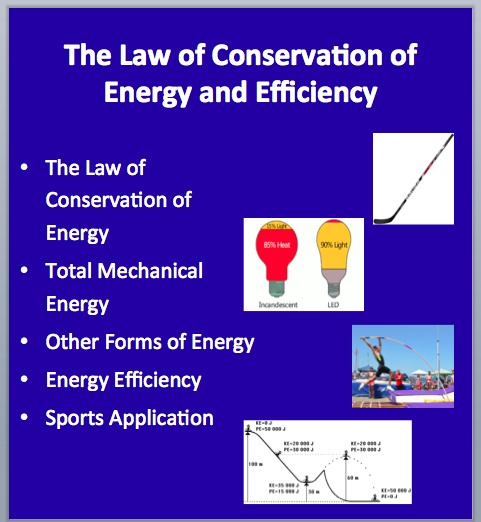In today’s rapidly evolving marketplace, the terms “greenwashing” and “eco-conscious” have become ubiquitous. Amidst the burgeoning movement toward sustainability, a critical examination is required: Are companies genuinely committed to eco-friendly practices, or are they merely masquerading as environmentally responsible entities to capitalize on a growing consumer trend? The implications of this distinction are profound, impacting consumer choices, corporate accountability, and ultimately, the health of our planet.
To embark on this exploration, it is crucial to define “greenwashing.” This term refers to deceptive marketing practices wherein a company exaggerates or fabricates its environmental efforts to appear more sustainable than it is. The prevalence of greenwashing poses an insidious challenge: consumers, motivated by a desire to reduce their ecological footprints, may unwittingly support businesses that prioritize profit over genuine environmental stewardship.
A major catalyst for the rise of eco-conscious consumerism is a growing awareness of climate change and the urgency of the environmental crisis. Reports of extreme weather events, biodiversity loss, and pollution proliferate, fueling public demand for sustainable products and practices. Companies, therefore, find themselves compelled to respond to this shift. Yet the question remains: how sincere are these responses?
Examine, for instance, the cosmetics industry. Many brands now tout organic, all-natural ingredients and sustainable packaging. However, a closer look often reveals inconsistencies between their claims and practices. For instance, a brand may promote a biodegradable bottle while continuing to source toxic chemicals for its formulations. This strategic inconsistency exemplifies greenwashing—a façade masking profit-driven motives.
In contrast, consider enterprises genuinely committed to sustainability. These companies invest in renewable energy, formulate products from recycled materials, and operate transparently, encouraging third-party certifications to authenticate their claims. A prime example of this commitment is evident in the outdoor apparel sector, where brands prioritize sustainable sourcing practices and corporate social responsibility programs. As they contribute to conservation efforts, many have earned consumer trust, which can translate into brand loyalty and sustained growth.
However, the abundant allure of greenwashing complicates matters. With so many consumers advocating for sustainability, a company can profit from adopting superficial green initiatives without investing in meaningful changes. The ambiguity surrounding terms like “natural” and “eco-friendly,” which often lack regulated definitions, allows companies to manipulate consumer perceptions without facing repercussions.
Amidst this ambiguous landscape arises a cultural phenomenon where consumers increasingly seek narratives rather than labels. They desire stories of authenticity and commitment rather than just eco-friendly assertions. This shift poses both challenges and opportunities for companies attempting to differentiate themselves in a crowded market.
Moreover, the growth of social media has amplified the scrutiny of corporate claims. Consumers are empowered to share their findings about misleading practices with a click of a button. Platforms such as Instagram and TikTok have facilitated a renaissance of environmental activism, ensuring that companies remain accountable to their stakeholders. The criticism of greenwashing, therefore, not only raises awareness but concurrently offers a robust platform for various eco-conscious brands to emerge and thrive.
This dynamic creates a dual-edged sword for businesses looking to foster an eco-conscious image. On one hand, companies are incentivized to engage in authentic, sustainable practices to avoid backlash and cultivate long-term customer relationships. On the other hand, the allure of immediate financial gain can lead to instances of greenwashing that undermine long-term credibility.
So, how does one discern between greenwashing and genuine environmentalism? Critical tools for consumers include thorough research, scrutinizing company practices, and seeking third-party certifications. Eco-labels and reputable certifications—like Fair Trade, USDA Organic, and others—serve as beacons that can guide sustainable choices. Furthermore, examining a company’s transparency regarding its supply chain, production methods, and environmental impact is paramount. The more forthcoming a company is, the more likely its claims are credible.
Turning attention to the broader landscape, it is essential to consider the potential consequences of unchecked greenwashing. If consumers are led astray by misleading claims, the actual intentions of businesses committed to sustainability may be undermined. This could perpetuate a cycle wherein authentic efforts are overlooked while the focus remains on the superficial efforts of greenwashing culprits—resulting in stagnation in meaningful progress against climate change.
Ultimately, eco-conscious companies can indeed prevail, provided they embrace authenticity and transparency. The potential for innovation within sustainable practices is immense; companies that invest in green technologies, renewable materials, and social responsibility ensure their resilience in an evolving market. Consumers are eager to support enterprises demonstrating genuine commitment to sustainable practices.
In summation, navigating the waters of eco-conscious consumerism requires vigilance in discerning between growth and greenwashing. As the environmental narrative continues to unfold, companies that exhibit sincerity and engage in comprehensive, impactful practices are poised to not only survive but thrive in the new era of sustainability. The question persists: will businesses rise to the occasion and fulfill their roles as stewards of the environment, or will they succumb to the alluring yet treacherous path of greenwashing? Only time will tell.






